Meet Napa
Napa is a band of five boys hailing from the Madeira Islands, an autonomous region in Portugal, located 970 km from Lisbon. Formerly known as Men On The Couch, they recently won the Festival da Canção 2025 with their song "Deslocado", which speaks about leaving home for better opportunities.

Controversy and Triumph
Their victory stirred controversy, as many criticized RTP (Portugal's public broadcaster) and questioned if "Deslocado" was a worthy Eurovision song. Despite the backlash, Napa remained unfazed. Band member Diogo Góis shared, "If we were solo acts, I think it'd be tougher... after three days, the hate was gone."
The Message of "Deslocado"
Some critics doubted that "Deslocado" could resonate with the Eurovision audience. However, the band emphasizes that their song is transversal and reflects the experiences of many Europeans seeking better lives abroad. João Rodrigues stated, "Who doesn't have a cousin in Sweden or a girlfriend living abroad? This is European history."
Crafting Their Performance
Napa is committed to enhancing their performance for Eurovision, ensuring the song's message is clear. They are excited about the technological possibilities at Eurovision, aiming to incorporate visuals that tell the story of their song. "We want to make sure we use these resources to tell the story of the song while keeping our essence," João added.

Discovering Eurovision
Interestingly, Napa members are not lifelong Eurovision fans. They saw participating as a challenge and an opportunity to promote their music. João remarked, "Eurovision is a milestone in our career."

Aiming for Exposure
The band aims to showcase that there is quality music in Portugal, hoping to inspire other Indie artists. They are determined to represent Portuguese Indie music authentically at Eurovision, assuring fans they will remain focused on their music and avoid controversies during their time in Basel.
The Evolution of Napa
Founded in 2013, Napa's evolution from Men On The Couch to their current identity reflects their growth as artists. They transitioned from writing in English to Portuguese, embracing their roots while maintaining their original vibe. João emphasized, "We are not changing our concept and we hope that people also realize our authenticity."



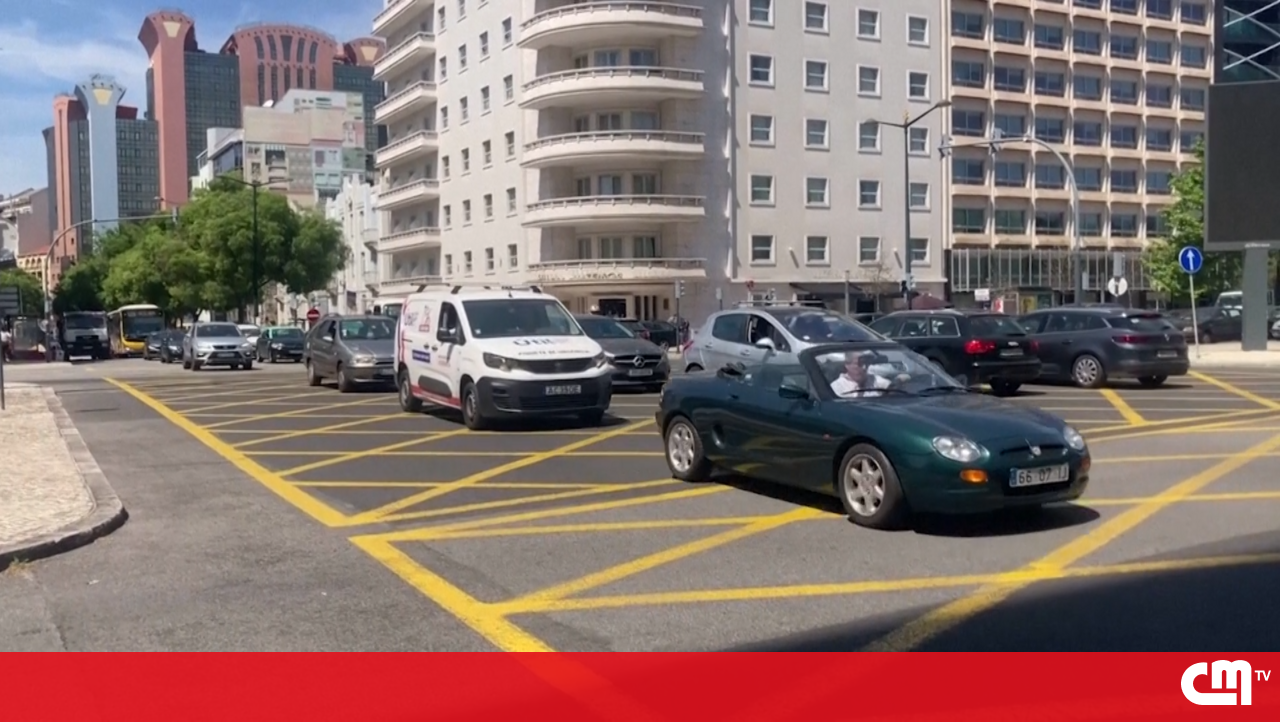




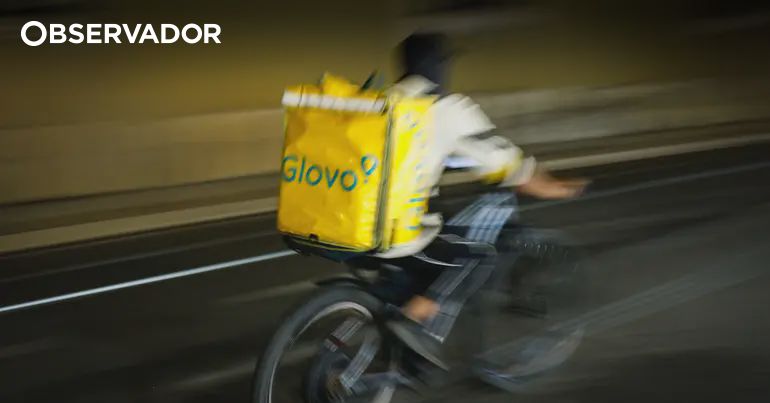
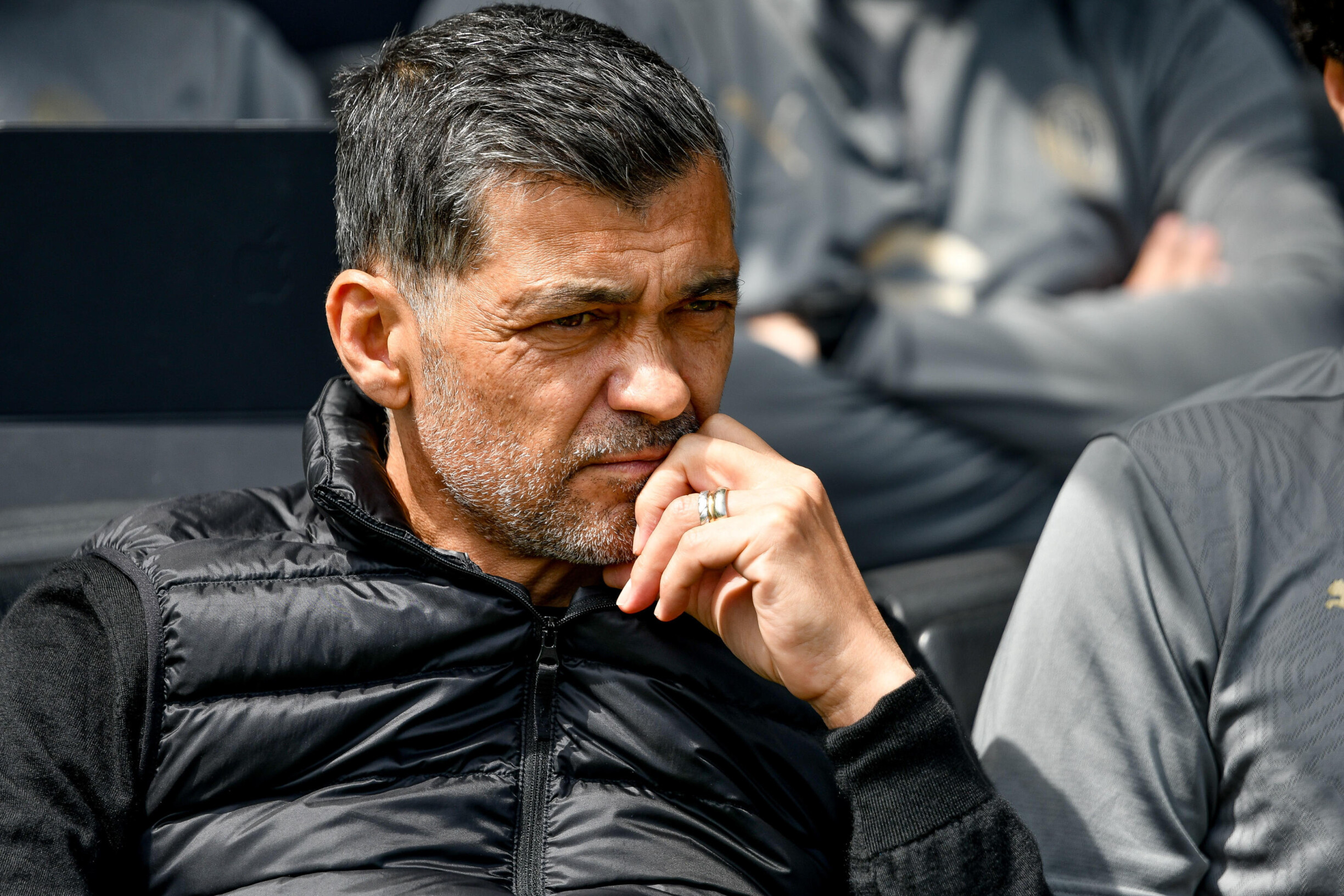
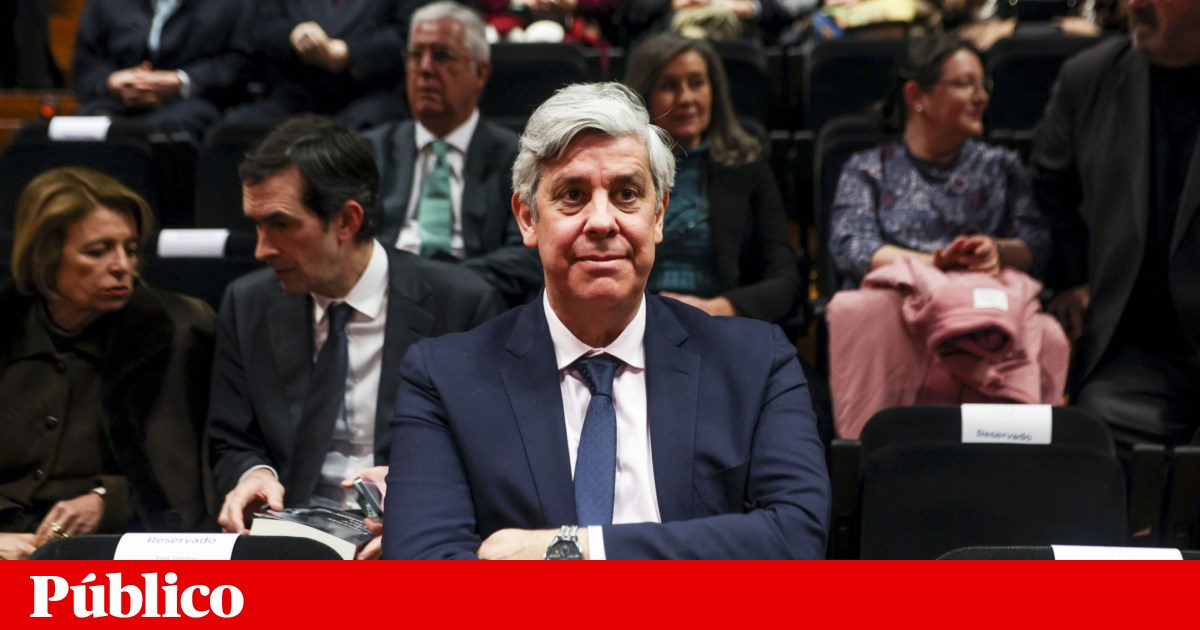
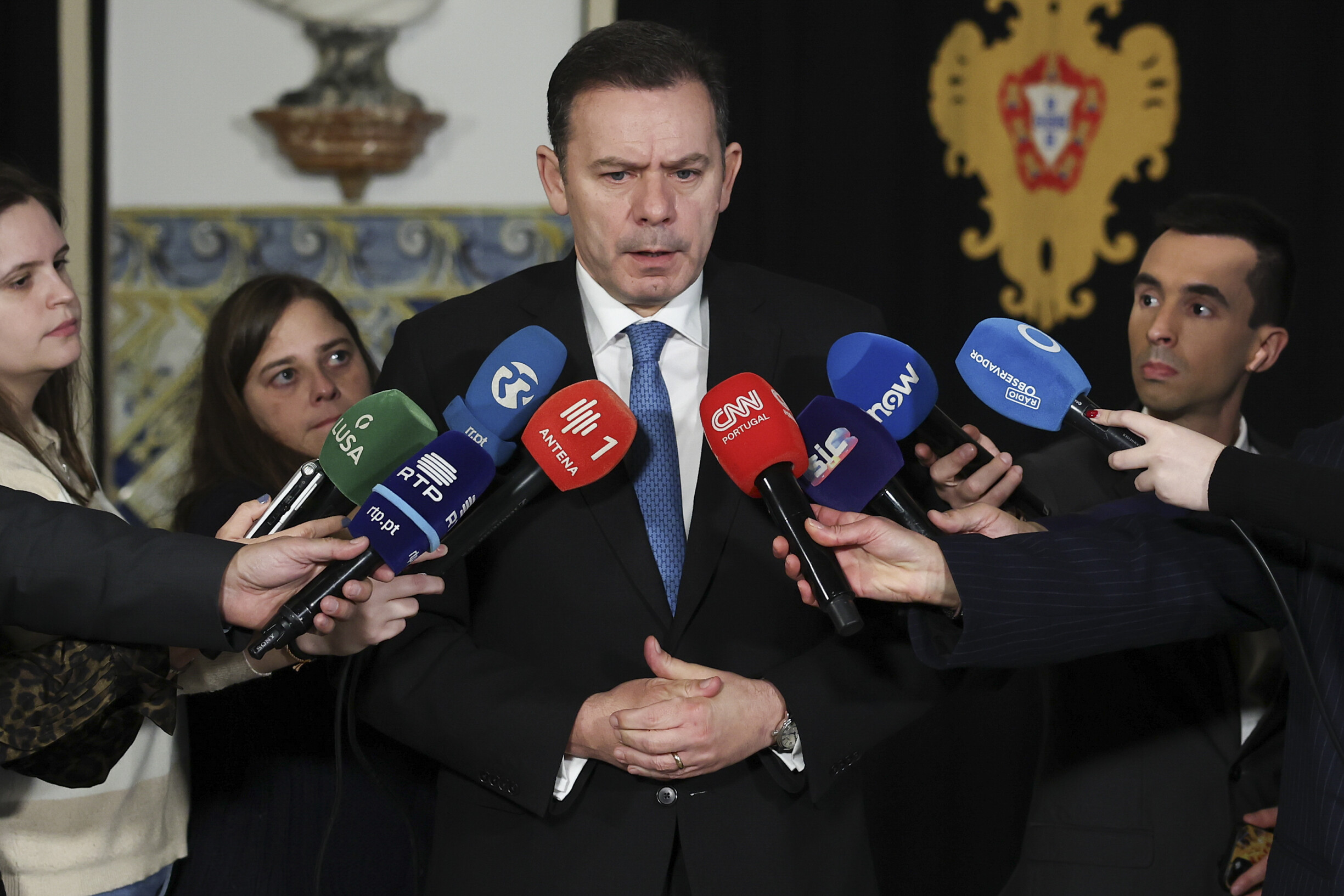


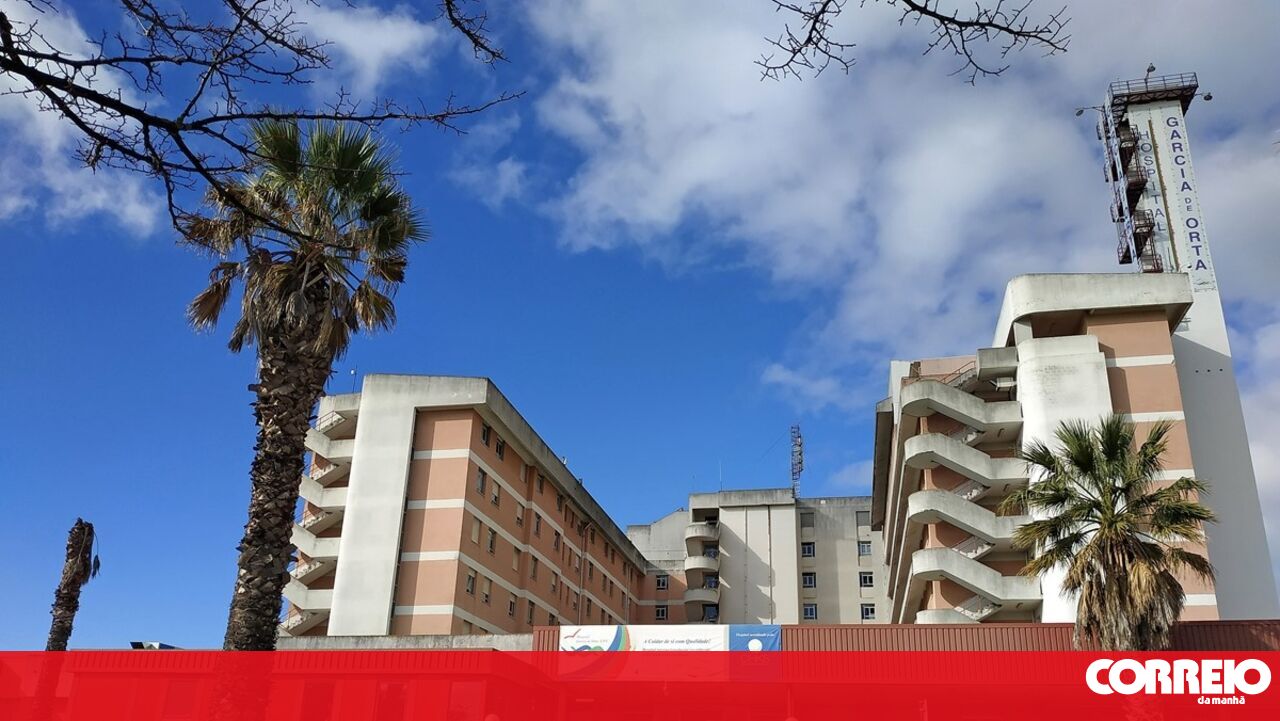
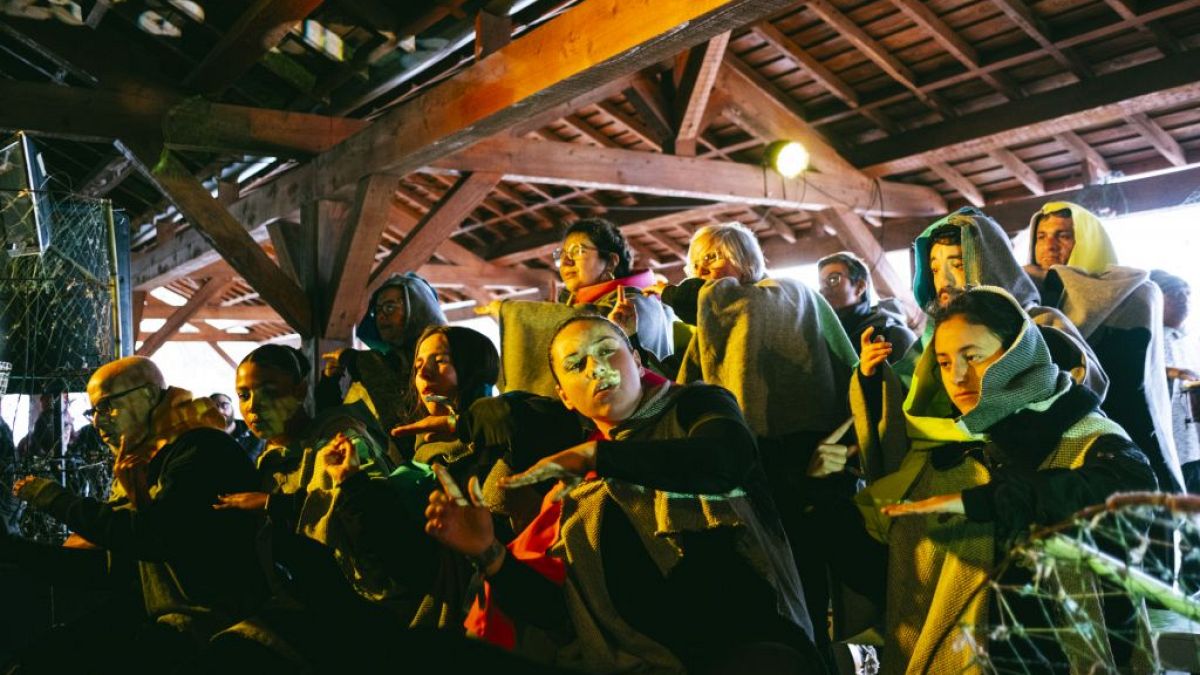


Comments
Join Our Community
Sign up to share your thoughts, engage with others, and become part of our growing community.
No comments yet
Be the first to share your thoughts and start the conversation!